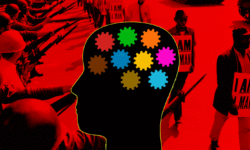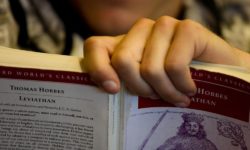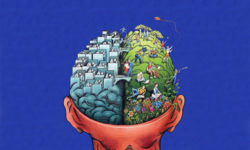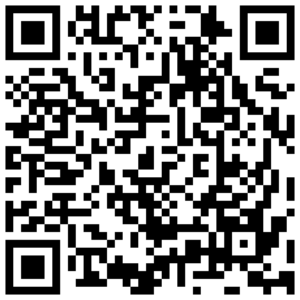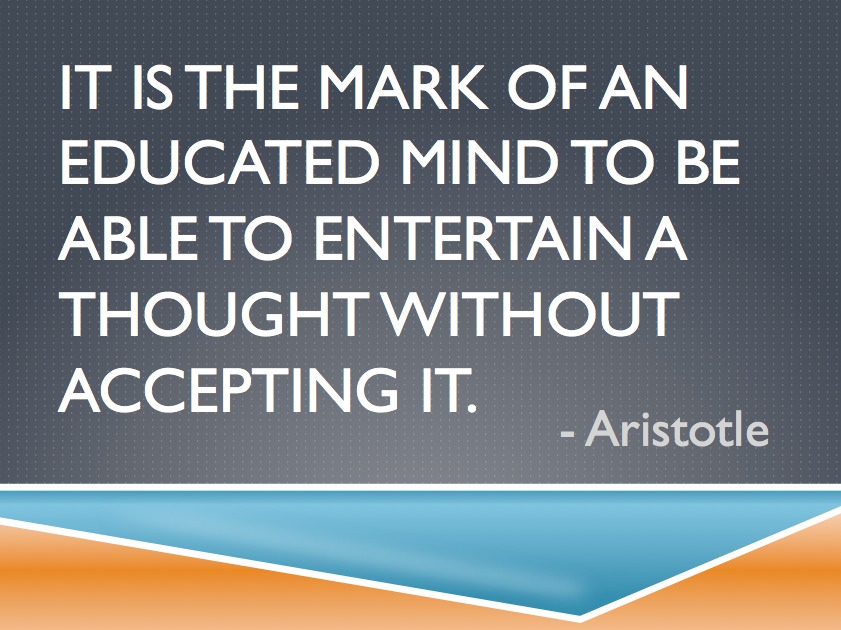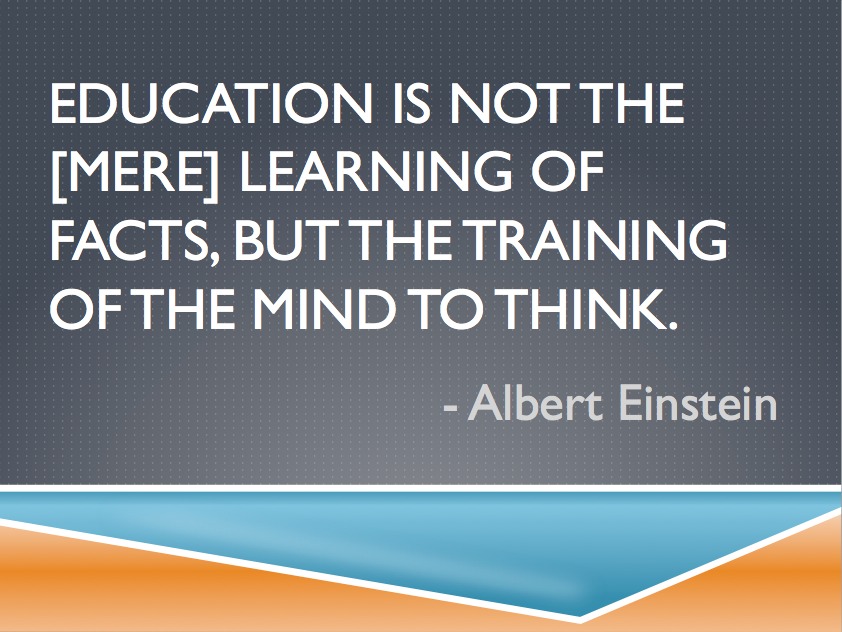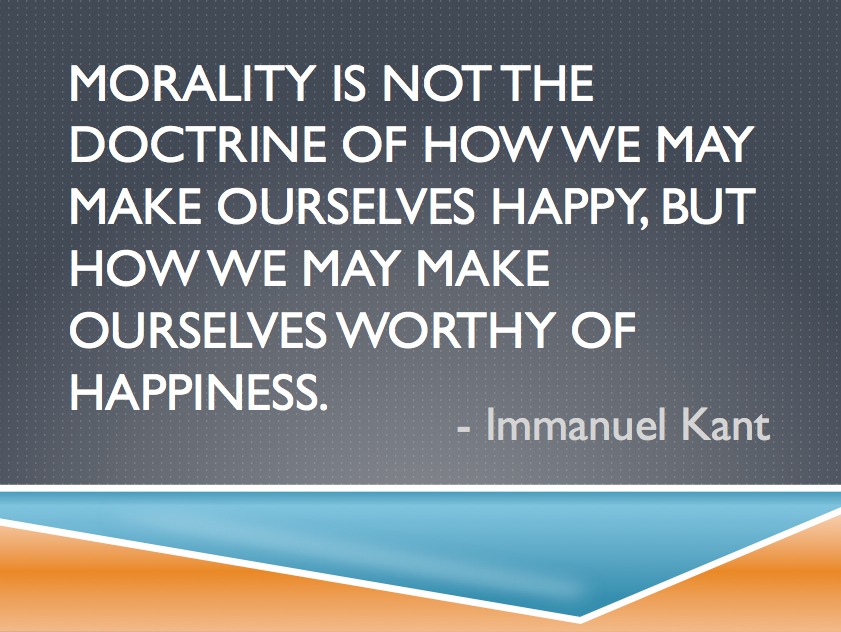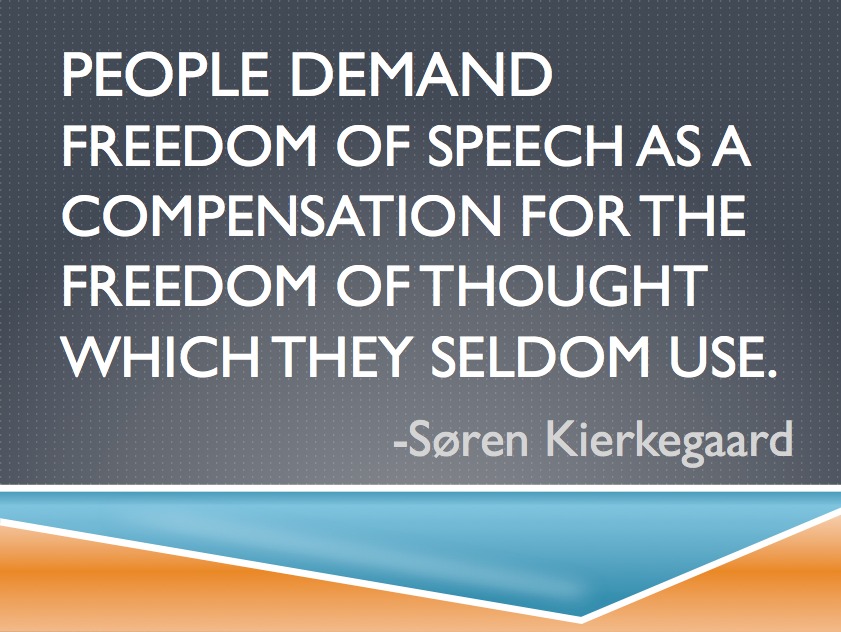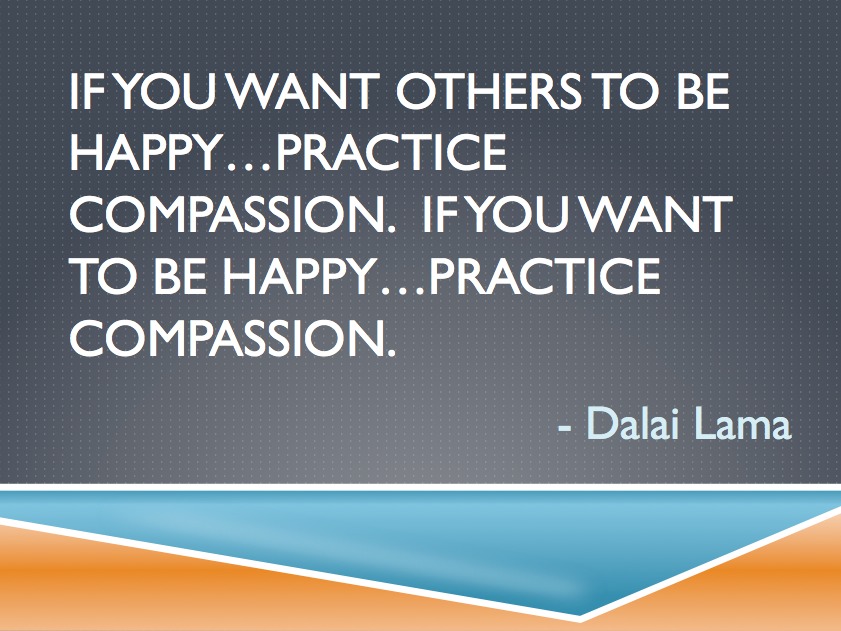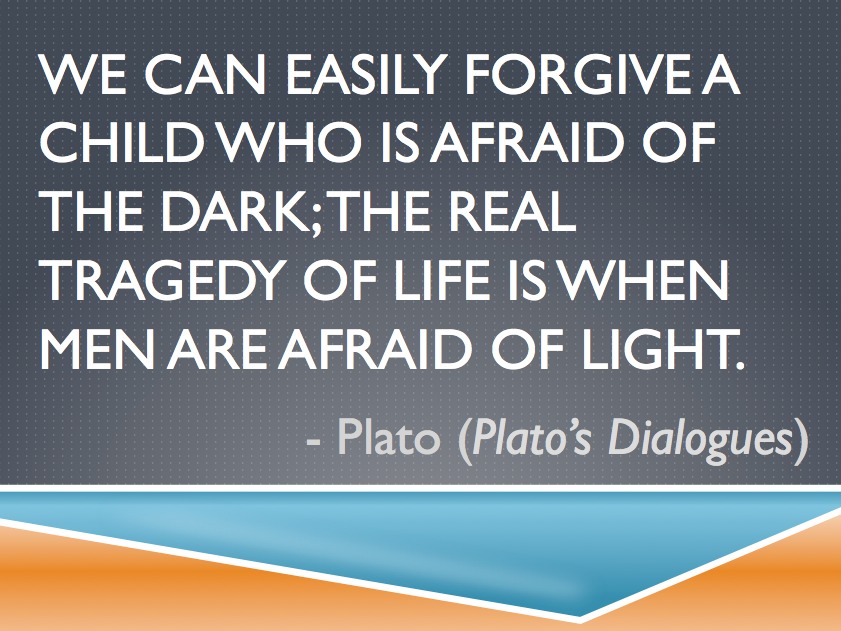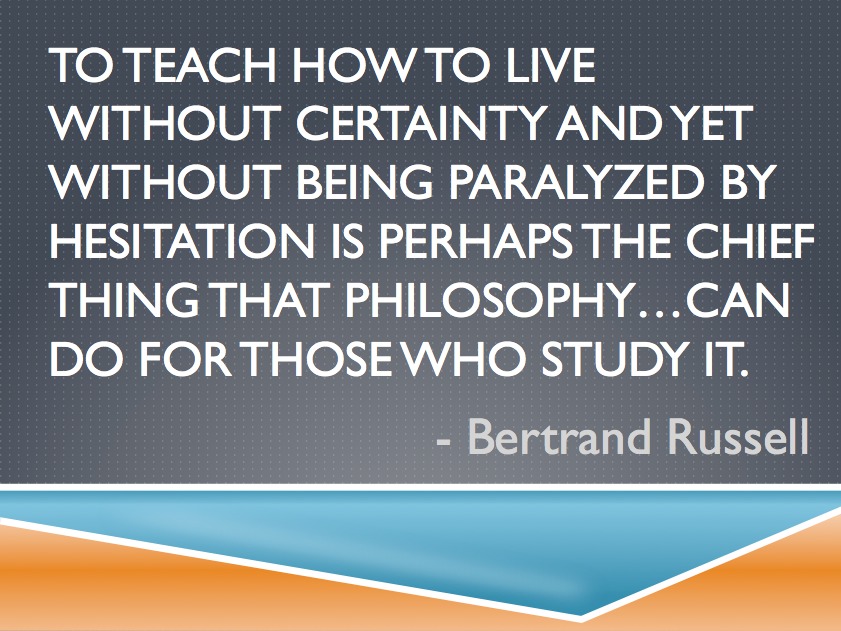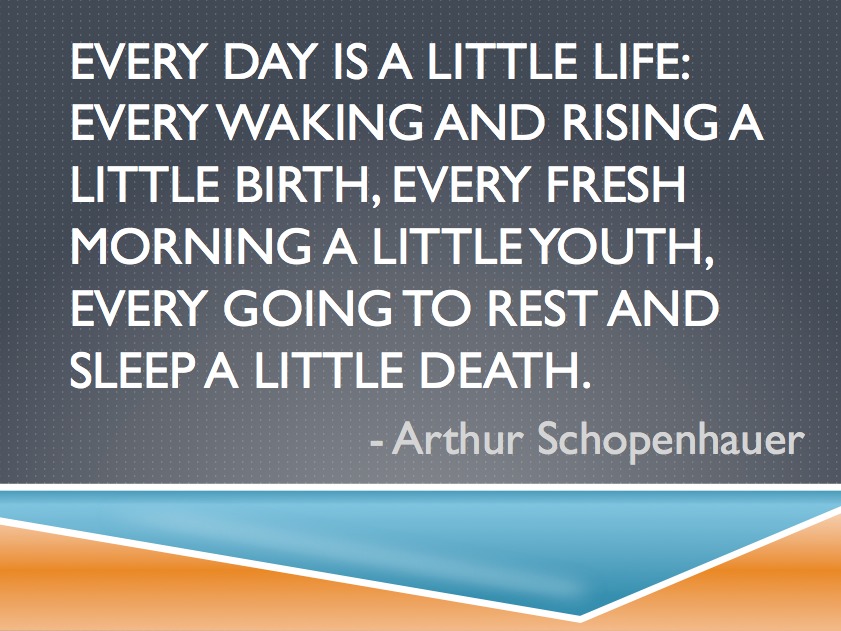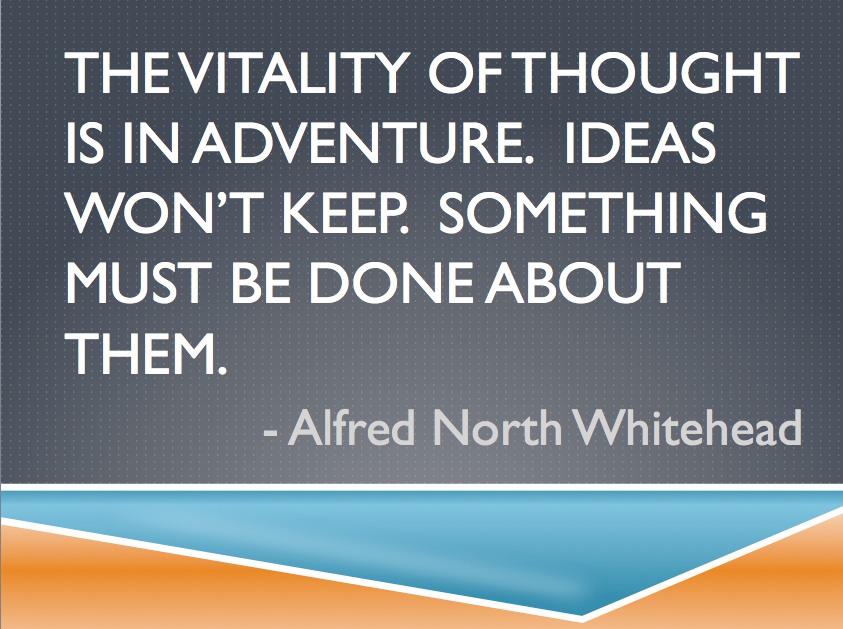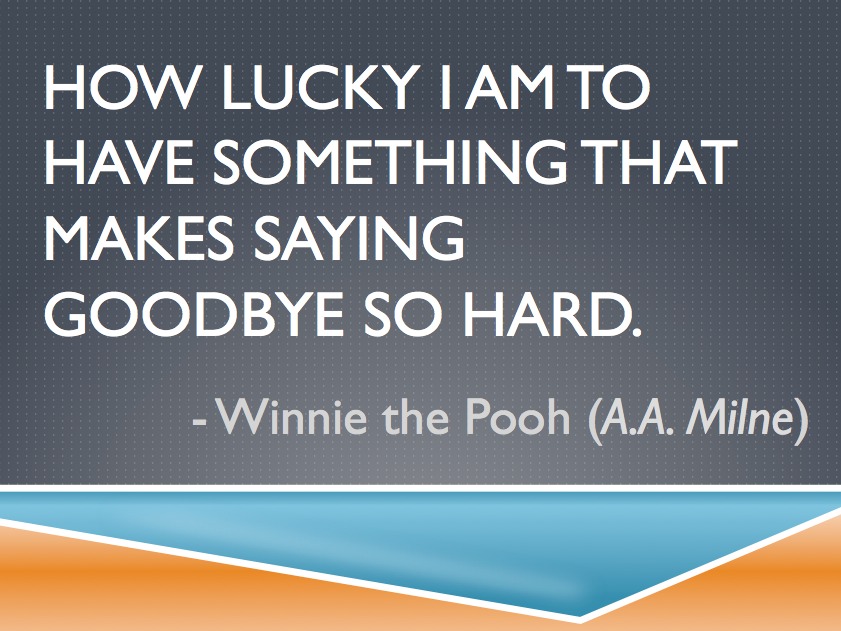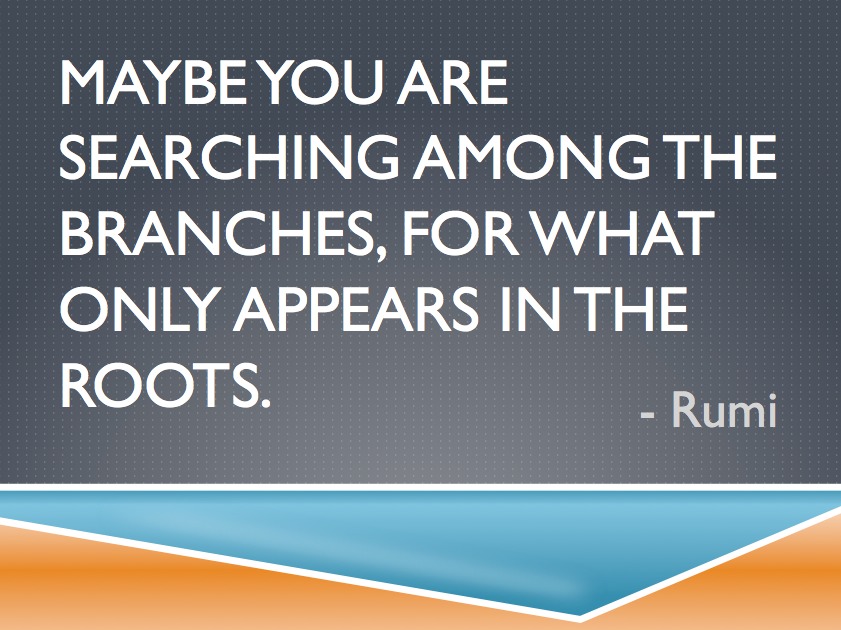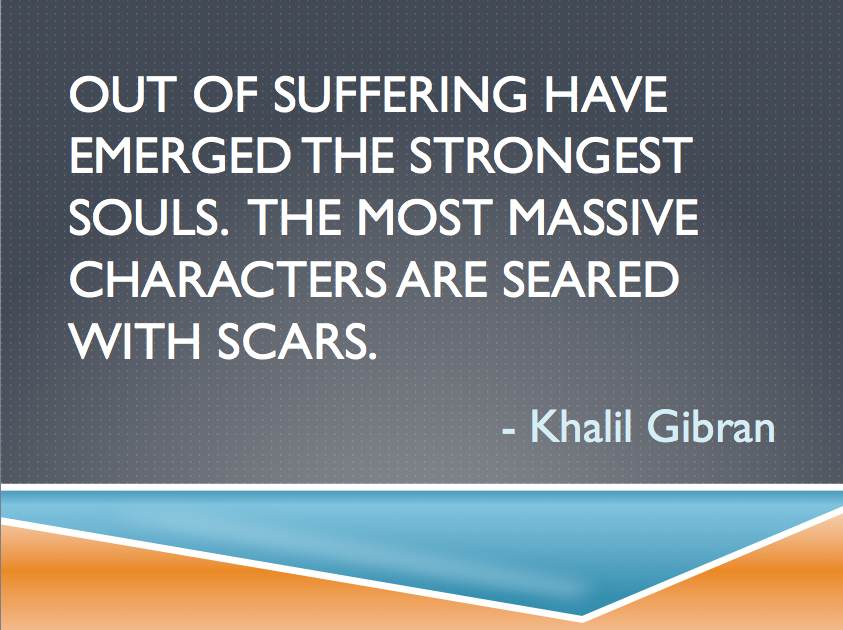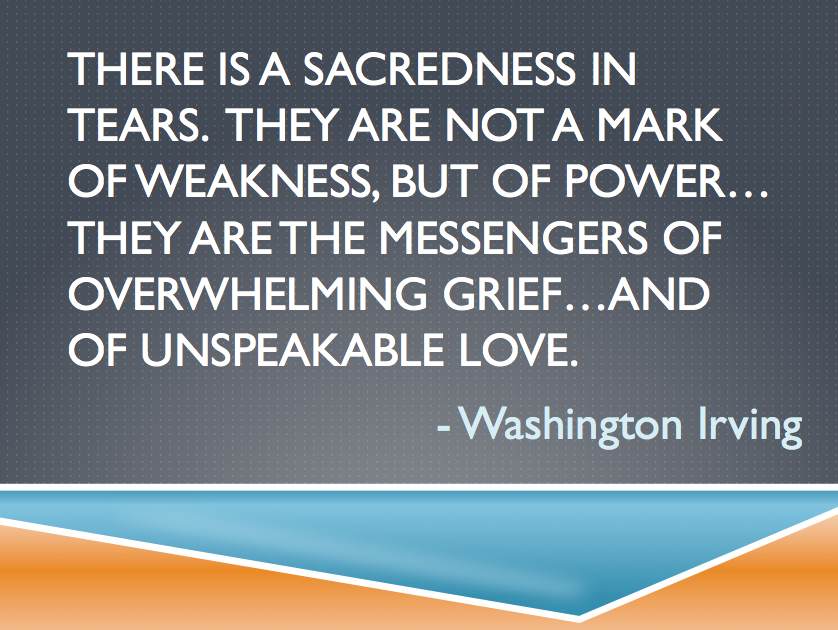Philosophy as a Way of Life: Reviving the Art of Thinking & Living Well
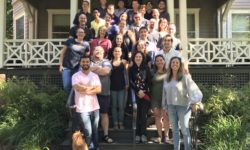
Philosophy as a way of life has begun to re-emerge, thanks to the efforts of countless individuals — within and outside of formal academia — who have held tight to the belief that philosophy is and can be a guide to living well (in all that that entails). The NEH “Reviving Philosophy as a Way of Life” Summer Institute — led by Professors Meghan Sullivan, Steve Angle & Stephen Grimm and attended by a diverse group of scholars (of which we were lucky enough to be a part!) — is a vibrant example of a movement to re-align the seating arrangements (no more back seat for you practical side of philosophy!) and revive philosophy as the art of thinking and living well. To have been selected to participate in the National Endowment for Humanities Summer Institute was a tremendous honor! We are grateful for the amazing opportunity and to everyone in the PWOL/Stoa family!

